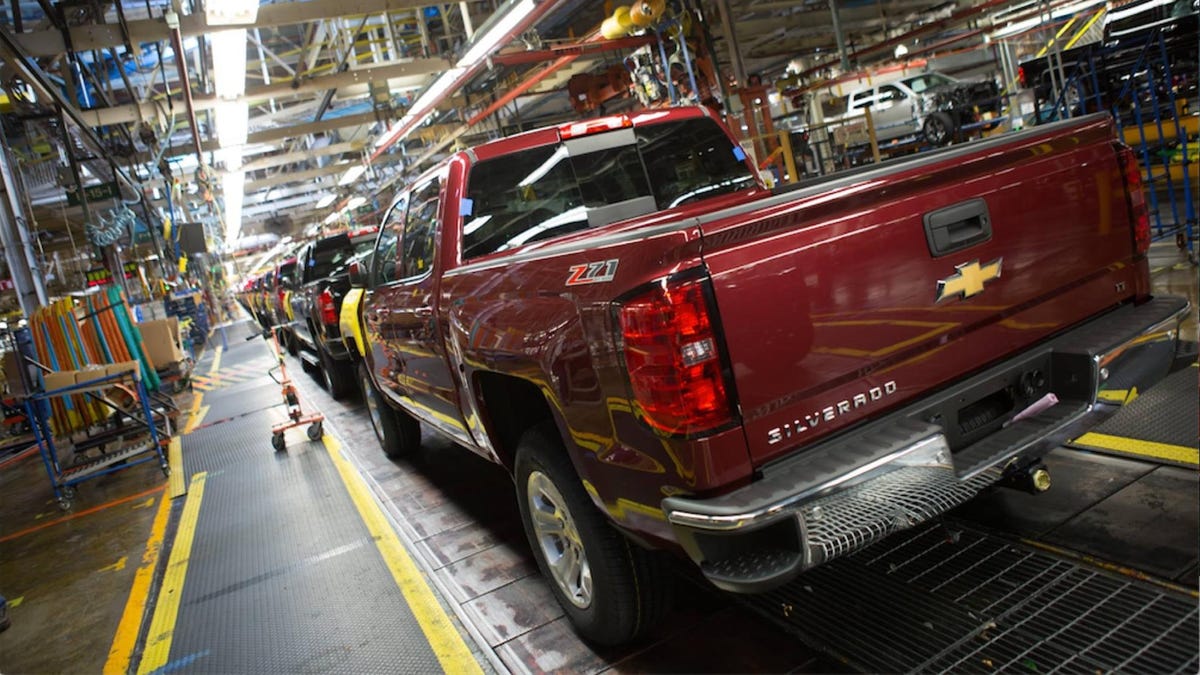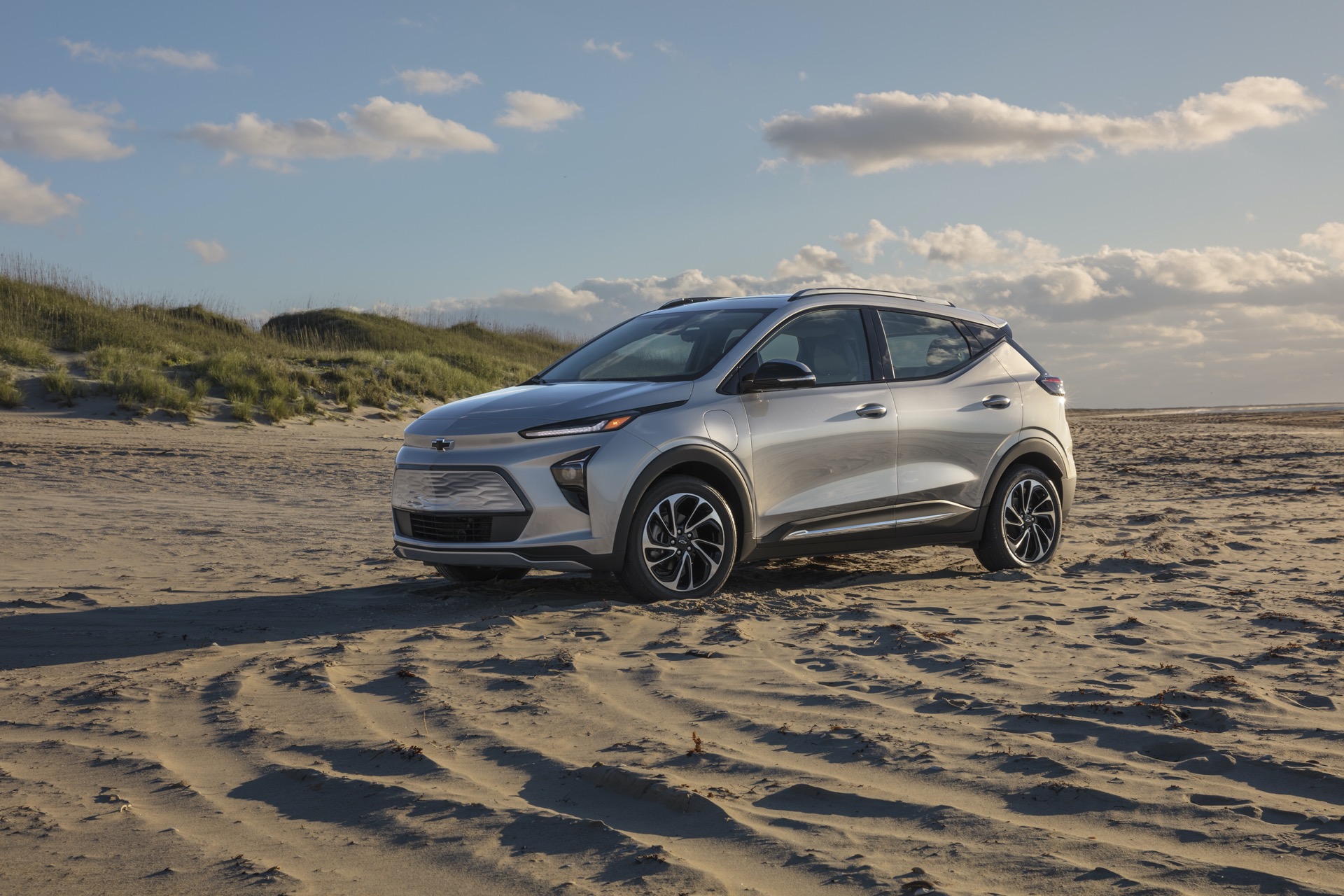These labor numbers are hard to truly pin down but using GM numbers isn't fair to a new factory in a rural south location without unions or legacy costs.
Per
Minimum Wage and Overtime » Arkansas Department of Labor and Licensing, min wage in Arkansas is $11/hr.
Factory Worker Salary in Arkansas: Hourly Rate (May, 2024) claims
"How much does a Factory Worker make in Arkansas?
As of May 14, 2024, the average hourly pay for a Factory Worker in Arkansas is $12.76 an hour.
While ZipRecruiter is seeing salaries as high as $17.89 and as low as $9.14, the majority of Factory Worker salaries currently range between $12.74 (25th percentile) to $14.90 (75th percentile) in Arkansas.
The average pay range for a Factory Worker varies greatly (as much as $2.16), which suggests there may be many opportunities for advancement and increased pay based on skill level, location and years of experience."
If you set up a new factory in AR, that isn't free. There are all sorts of costs like planning, land, permitting, construction, approvals, equipment, recruiting, hiring, training, building test vehicles before finally ramping up for real production. And, if the wages are too low, nobody will work there. There are plenty of non-union auto plants in the US and if their salaries are crap vs. UAW, what do you think will happen? The UAW will sweep in trying to unionize them, like they've been trying at numerous other plants.
And, you gotta provide health insurance (
Employers required to offer health insurance - Bureau of Legislative Research). US healthcare costs are insane as is insurance.
See earlier figures on Mexican and Chinese auto workers. I bet you of the above will also cost much less in China and Mexico than Arkansas.
A new plant w/new workers will likely put out worse quality vehicles than experienced ones that have been pumping out vehicles for 10+ years. Those defects/worse quality will cost the automaker in warranty and recall costs + reputational damage.
These are examples of problems that can happen at new plants.
Nissan Quest 2004+: Problems & Solutions - Page 15 - search for
wedding and also for
crusade
Bloomberg - Are you a robot? - will probably hit paywall so visit
https://archive.is/8mxR6. From there::
"Just ask managers at Nissan's 16-month-old, $1.4 billion assembly plant in Canton, Miss., where sloppy craftsmanship marred the launch of the 2004 Quest minivan, the Titan full-sized pickup, and the Armada sport-utility vehicle. Car enthusiast Web sites are full of rants about loose moldings, water leaks, and noisy cabins. This spring, Nissan dropped from 6th to 11th in an annual quality survey by J.D. Power & Associates Inc. that tracks complaints in the first 90 days of ownership. Consumers quickly got wind of the troubles, and Nissan will have a tough time meeting its sales target of 80,000 Quests this year. In the first half, fewer than 26,000 moved off dealer lots. In July the company mailed recall letters offering to fix any defects for free. "We've been surprised by the level of degradation," concedes Ghosn, whose own stress on speedy execution contributed to the quality woes. "We recognize it is a problem, and we will fix it."
Ghosn is fixing the Canton debacle in his characteristic fashion -- that is, with the subtlety of a chain saw. In May, he flew in 220 engineers from Japan and Nissan's older Smyrna (Tenn.) plant. The damage-control team searched every inch of the assembly line for flaws. Some were obvious: Factory hands, many of them newcomers to carmaking, wore rings and studded jeans that scratched freshly painted trucks. Other glitches were maddening: Power window switches and reading lights on the Quest often seemed possessed by gremlins, and its sliding doors didn't close quite right. So the team worked with suppliers to reengineer parts, while robots were reprogrammed to weld car bodies more tightly, and better insulation was added to the roof of the Armada. Then Ghosn shook up management, even raiding archrival Toyota to hire troubleshooter Douglas G. Betts as his new vice-president for assembly quality. As the 2005 Nissans enter dealerships this fall, buyers will learn firsthand whether Ghosn's personal intervention has paid off."
Per
https://usa.nissannews.com/en-US/channels/facilities-smyrna?selectedTabId=facilities-smyrna-releases, "with U.S. manufacturing beginning in June of 1983 as a white Nissan pickup truck rolled off the assembly line at a brand new plant in Smyrna."





